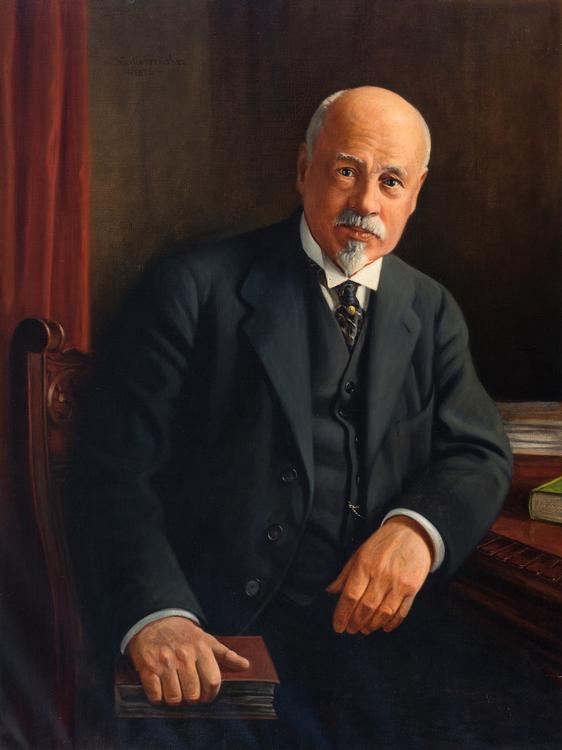1918: The Perfect Storm
The year 1918 became a perfect storm of war, disease, advanced medical science, leadership–and lack of leadership. A pandemic about to strike, with rich, fertile breeding grounds in army barracks as America geared up for war. A government that downplayed the pandemic; American medical experts at long last, after America had lagged so far behind in medical science compared to Europe. A nation afraid.

John M. Barry, in his book The Great Influenza, provides a thrilling look into the gathering storm. He writes that throughout the history of war, more soldiers would die of disease than in battle or of wounds. And war was already underway. World War I (called The Great War then) began in 1914. The US was famously isolationist, preferring to stay out of other countries’ problems. Even in 1915, when the Germans sank the Lusitania, President Woodrow Wilson wanted to remain neutral. Even in 1917, when Germany announced submarine warfare against neutral and merchant ships. But then came the Zimmerman note, where Germany proposed that Mexico join her in war against US. Wilson rose to leadership: he spoke of America as “born to exemplify the elements of righteousness derived from Holy Scripture.”
What followed next set the stage for enormous failings in America for the pandemic that would soon strike. A lockdown on freedom of the press: Wilson controlled freedom of speech; Attorney General Thomas Gregory instructed the Library of Congress to monitor what books people read. A New Sedition Act made it punishable by 20 years in prison to speak or write anything “disloyal, profane, abusive towards the US government.” States outlawed teaching German; sauerkraut was even renamed “Liberty cabbage.” Postmaster General Albert Sidney Burleson refused to deliver any periodical he thought unpatriotic or critical.
People were encouraged to turn each other in for being unpatriotic. Wilson virtually nationalized the railroad industry; forced factories to produce war materials. Wilson created a Committee on Public Information, which demanded 100% patriotism. Any song that hurt patriotism was banned. And the press was carefully monitored and allowed to print only carefully selected facts. Barry writes, “Fear was ‘an important element to be bred in the civilian population. It is difficult to unite a people by talking only on the highest ethical plane. To fight for an ideal, perhaps, must be coupled with thoughts of self-preservation.’” This would have a huge impact later, when the pandemic struck.
Meanwhile, the government also mobilized nurses and doctors into the army, leaving the civilian public health system weakened. Recall from last week that American medicine had only just finally become modernized, thanks to the establishment of the Johns Hopkins Institute. In 1914, there were only 140,000 physicians in US; and of them, only 776 served in military. Now, even the military medical system wasn’t very equipped. Congress did not give “a penny” to the army medical department. Barry cites one camp of 60,000 soldiers had no microscope.
Wilson did make a wise decision by asking the amazing Dr. William Welch and Johns Hopkins University to help with war-related research. Welch is often called the “Dean of American Medicine,” and had helped it become science based. He had been first dean of the Johns Hopkins School of Medicine and was also the founder of the Johns Hopkins School of Hygiene and Public Health, the first in the country–this would play a huge role in combatting a pandemic. Now at 67 years old, he was needed more than he could know. It seemed all his life was preparing for this moment. But on opening day of the school he founded, October 1, 1918, he felt ill and could not attend. He had just returned from examining a strange, devastating epidemic.

And the war machine revved up: a shortage of nurses for civilian hospitals; the press muzzled; an army expanding from a few tens of thousands of soldiers to millions in a few months. And where to put them all? In huge camps, in tents, each holding 50,000 men. Ready to be shipped to Boston, and then to the world.
And with them was an uninvited volunteer that would kill more than the war itself, ready to take advantage of wartime, of the bitter cold winter, of lack of freedom of the press, the reduced civilian nurses and doctors… influenza. A pandemic during a perfect storm.
Next week: The pandemic.

